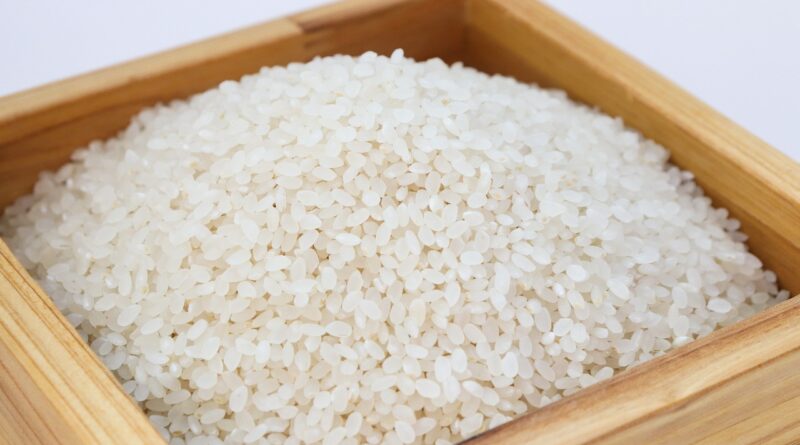Indonesia Eyes Global Rice Export Market with Projected 12 Million Ton Surplus
By Tri Listiyarini
Indonesia is on track to achieve a rice surplus of up to 12 million tons this year, bolstering its ambition to become a major player in the global rice export market, Agriculture Minister Andi Amran Sulaiman said on Friday.
As of April 10, the state logistics agency Bulog has absorbed the equivalent of 840,000 tons of rice—representing a 2,000 percent increase from the same period last year. Current rice stocks in Bulog’s warehouses stand at 2.4 million tons and are expected to rise to 3 million tons by the end of the month, potentially marking a new national record.
“We can already see the results,” Amran told reporters. “Our rice reserves are secure and we’re ready to become an exporter.”
The government is pushing to raise production through several key initiatives, including land optimization, the expansion of new rice fields, infrastructure improvements, and fertilizer availability. In addition, the floor price for unhusked rice has been raised to Rp 6,500 ($0.39) per kilogram, creating a more favorable environment for farmers.
Amran said infrastructure remains a priority, particularly irrigation systems, farm roads, and drying machines, which are in high demand across rice-producing regions. The downstream processing sector is also set for expansion, he added, as land that previously supported one harvest per year is now being cultivated up to three times annually.
Over the past five years, Bulog’s annual rice absorption averaged around 1 million tons. In just the first quarter of 2025, nearly that amount has already been absorbed. By the end of April, the figure is projected to double to 2 million tons.
The government is targeting 3 million hectares of new rice fields. If even half that area is realized and each hectare yields two annual harvests at 10 tons per harvest, the country could reach a 30 million-ton harvest—paving the way for a 12 million-ton surplus. The upbeat outlook follows a year in which Indonesia imported 4.52 million tons of rice in 2024, a 47 percent increase from 3.06 million tons in 2023, according to the Central Statistics Agency (BPS). That makes it the country’s highest rice import volume in the past seven years.
“What’s important is that no one interferes—because there are those who are unhappy when Indonesia becomes self-sufficient,” Amran said. “We can export, and that’s a fact.”
The strategy is aligned with President Prabowo Subianto’s food sovereignty agenda, which includes achieving national food self-sufficiency, ensuring access to nutritious food, developing biofuels, and advancing agricultural downstream industries.
“We’re working under one command, led by the President,” Amran said. “Indonesia’s geography gives us an edge—we don’t have winter, and that allows us to produce year-round. The challenge now is to maximize that advantage.”
This article has been republished from The Jakarta Globe.

